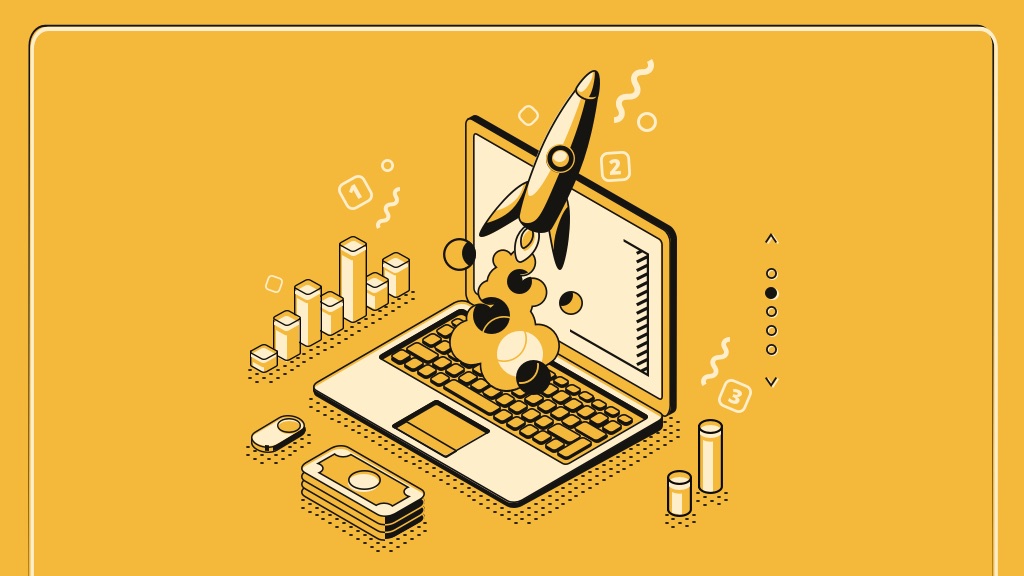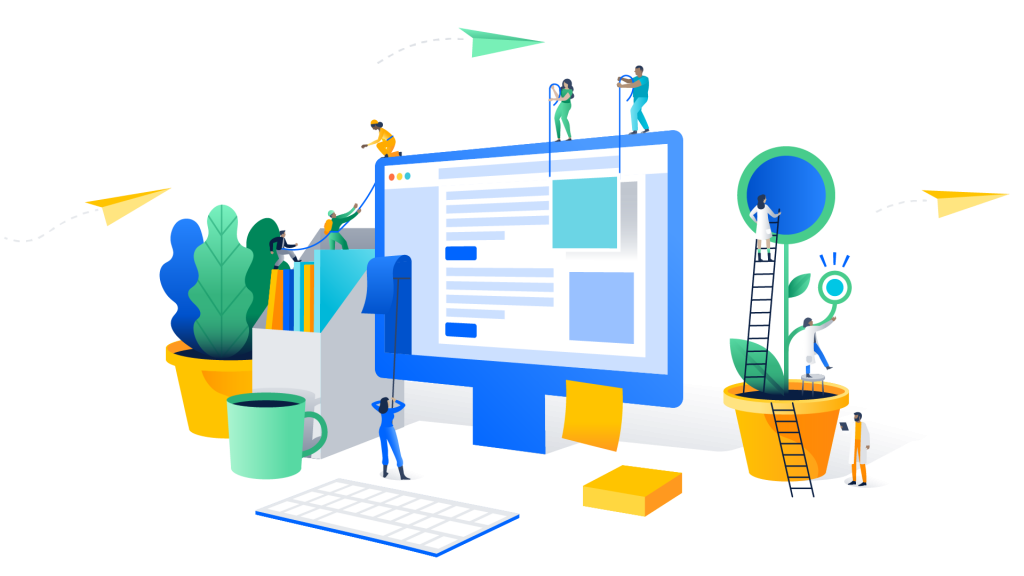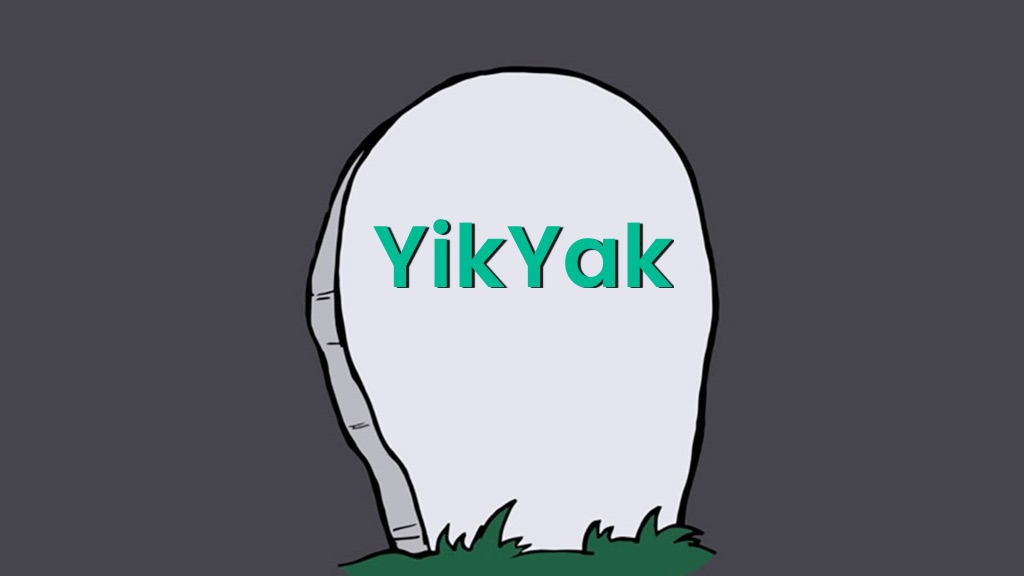Don't miss the chance to work with top 1% of developers.
Sign Up Now and Get FREE CTO-level Consultation.
Confused about your business model?
Request a FREE Business Plan.
To-Do List For A Smoother Software Release

A bug on the day of the software release is the biggest nightmare for any tech company. The release of software can be taxing, nail-biting, the times when the whole team is working with fingers crossed and wishing that nothing goes sideways; be it be a bug on a random untested iOS device, poor response by the customer or an unhappy stakeholder, but doesn’t have to be that way!!
The release process your company follows defines the way your business responds to consumer feedback, changes in the market, and technological shifts. Working with numerous clients gives our team experience of just every kind of software/app/website release which exists around. Some bumpy and mostly smooth releases across every type of methodology, from Agile to pure Waterfall.

We just synthesized our experience together in what we call Progressive Release. It is infused with sharp, emphasizing quick iteration, agile reply to feedback by customers, and low-stress release time-period. We have jotted down five pointers filled tactics to de-risk the complete release process and to-dos to have a customer-centric approach throughout.
Outcomes
A software product cannot be an afterthought, at the time of the release its just like an unruly scramble to be completed. The team needs to critically analyze and establish a complete picture of what the end product would look like keeping in mind all the aspects of design, architecture, software development and how the product turns out and the marketing plan.
Make sure that every feature has a measurable goal to fulfill, which in turn leads to a higher level of business outcomes- at the end it’s far less about the output and more about achieving the desired outcomes.
The Development Process
In order to keep the whole process smooth and the team focused on outcomes rather than brawling over smaller touchpoints making the whole release process an exhausting one, we have come up with a continuous integration system. Through this process, business leaders can ensure that the code is regularly merged in order to enable lean and automated methods of continuous deployment or delivery. A method like this lead to an agile release modulation of around 2-4 weeks without adding endless time on testing and documentation.
Feature Toggles
Down the line in order to narrow down the risk while running the race to get the product to the market faster, feature toggles will help your team to plan the release of a particular functionality, to a given user segment, at a distinct time.
For instance, recently for a cinema app we made, feature toggles helped us to enable the fully native ticketing feature to select specific markets across the region to the complete nation’s rollout. This enabled our team to test the particular feature in a production environment, while de-risking rollout of this critical function for our client. This functionality empowers the team to put their heads to the incomplete features which are mostly merged via the continuous integration process, thereby hiding the incomplete functionality from the users until they are ready.
Planned Rollout
This stage lets you release a single version of the product slowly and steadily over a couple of days, rather than launching a big-bang(prone to problems) instantaneous product release. This helps the team to closely monitor the performance of the solution and work on the production issues they affect a large chunk of users. Also, you can monitor the product in regard to its performance in accordance with the business goals and the success pointers via analytics.

The official support from iOS and Android makes the staged rollout a pain-free process to be carried out. This process requires a routing or load-balancing service which identifies that users that should be targeted to the new product in case of web applications. There are several other ways which can be followed to carry out staged rollouts without building newer services.
A/B Testing
Planning a series of A/B tests in accordance with the release strategy can help you improve the complete performance of the product without going for another point release. Especially used for data-driven supplementing design elevation, A/B testing is mainly done using a third party tool like Adobe Target, etc. A/B testing differs from feature toggles as the A/B strategy should always be done with a sole motto to enhance the performance of the product, the key pointers which they pay heed to are- account creation, purchase(in case of e-commerce solution) or churn prevention.
The major reason for leveraging feature toggles is to eliminate all the problems that may occur while a software releases and it tests a larger chunk of the complete experience, whereas A/B testing is to incrementally enhance the major details in the functionality and also measure their efficiency against the assigned product outcomes.
Crux
While working on your tech solution’s release process, make a transformation way ahead and keep making incremental changes till you reach your desired destination. A Progressive release plan can help your team to bring about a much-improved product within a record time.
Rate this article!
Join 60,000+ Subscribers
Get the weekly updates on the newest brand stories, business models and technology right in your inbox.

Experiencing the journey with excitement, tackling the obstacles with the zeal to disrupt the vision of the world through her words is what defines the attitude of Vaishali Sonik. Vaishali a.k.a. Maggie took a turn from her Masters Journey in E.C.E to become an Internet influencer. Since 2014, she has been blending & molding her words to express the knowledge she has alongside learning herself at every step. She describes her profession as an Online Content Strategist & Writer, a way to learn something new at every step.

Telemedicine 2.0 - A Comprehensive Guide On What Healthcare Providers Need To Know?
Discover how the latest advancements like Artificial Intelligence in telemedicine are reshaping patient care. This comprehensive resource offers insights into the key trends and innovations driving this shift, providing valuable knowledge for healthcare professionals looking to stay ahead.
Download Now!Don't Know Much
About Technology?
Let our experts help you decide the right tech stack for your idea.


















